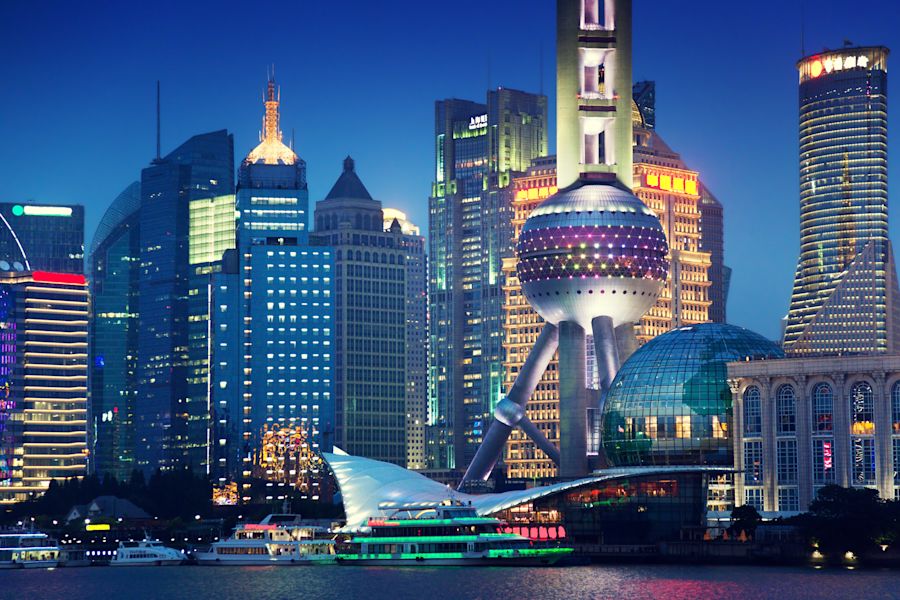Geopolitics & the political economy of the Chinese party-state
International relations are characterized by intensified power competition. At its core lie vulnerabilities and risks emerging from strategic dependencies. The EU and the US have adopted a "de-risking" approach; China's "dual circulation" strategy aims to increase self-reliance.
In my work, I investigate this trend not only in relation to wireless networks, technical standards and as part of the Digital Power China project, but also through the lens of China's political economy:
Most observers treat the People’s Republic of China as a hierarchically structured monolith. From this perspective, Xi Jinping appears to be all-powerful and processes of decision-making opaque. Accordingly, most international relations research considers the Chinese party-state as a black box.
This does not mirror the reality of China in the 21st century. The country has integrated itself into the globalizing world. Such integration has not only transformed the structure and functioning of states in the OECD world, but also in China. The Chinese party-state has undergone a process of fragmentation and decentralization. Sub-national party-state officials and corporate interests shape domestic and international policies of China and national laws and regulations are interpreted very differently across the country. National champions – no matter whether state-owned companies or privately owned – have gained enormous political influence as have local and provincial party cadres and state officials. At the same time, there is no fully "private" sector in China since the Chinese Communist Party's influences reaches far beyond state-owned enterprises.
What complicates the structure of the Chinese polity even further is the double-structure of party and state. Almost all public offices are mirrored by a respective party official. Sometimes, both posts are filled with the same person, but this is not always the case. Ultimate power lies in China with the Chinese Communist Party not with the state organs.
Even though we witness a recentralization and personalization of power in the hands of Xi Jinping, the processes of fragmentation and decentralization cannot be fully reversed. This raises the question how the institutional structure of the party-state and its underlying political economy shape foreign and domestic policy decision-making.
I do not carry out a specific research project investigating the party-state and China’s political economy, but I rather engage with the question of its influence as a cross cutting issue in (almost) all of my analytical work. In the past, I have been focusing on the role of local party-state structures and the financial industry, particularly banks controlled by the local authorities, for economic policymaking in general and the (non-)implementation of WTO law. In more recent work, my focus has shifted to the role of high technology companies. Here the question is how these companies shape China’s foreign policy initiatives and how such initiatives influence leading high technology companies.
Related selected publications:
Publication, monograph: 2022: Understanding China’s Foreign Policy Contradictions. New York: Oxford University Press.
Publication: 2023: La stratégie technologique de Xi, in: Le Grand Continent, 5 April 2023.
Publication: 2023: La estrategia tecnológica de Xi, in: Le Grand Continent, 5 April 2023.
Publication: 2022: Chinas Beteiligung am Hamburger Hafen. Investition mit Risiko. DGAP Online Kommentar. Berlin: DGAP.
Publication: 2022: A Sovereign Europe... and China, in: Internationale Politik Quarterly.
Publication: 2022: Weniger abhängig von China?, in: Internationale Politik January/Febraury 2022, pp. 36-38.


